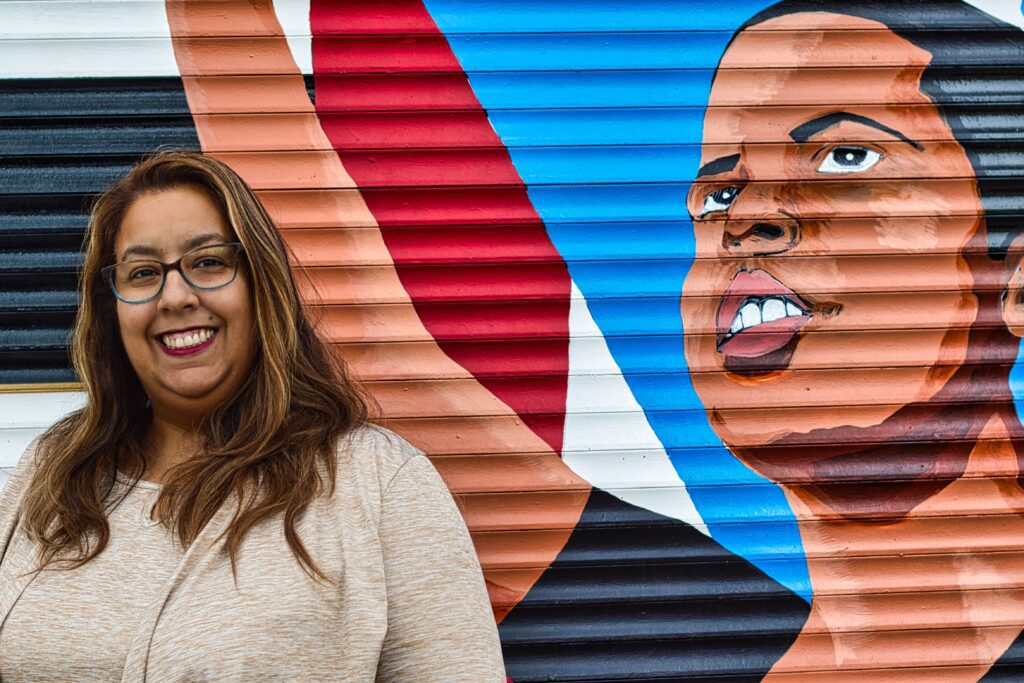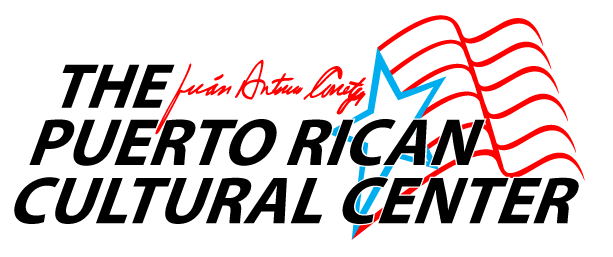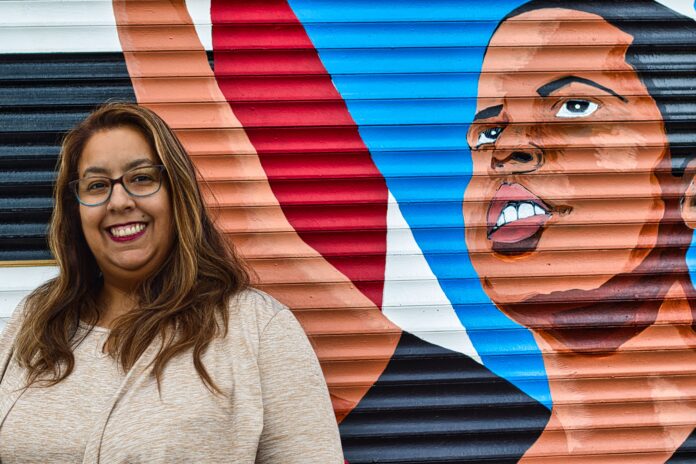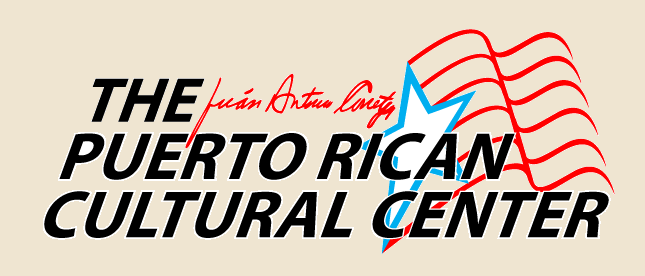Natasha Brown is a senior administrator at the PRCC. She supervises projects and initiatives that promote human services in the Humboldt Park/West Town community. La Voz del Paseo asked her to talk about one of these projects – The Humboldt Park Youth Employment Program.
Q. Tell us about your experience leading this program? What is the most important thing you have learned working with these young people?
A. I worked in the program the past 2.5 years. When I began, our Youth Employment Program was in expansion. It was a summer initiative that was growing into a year-round program. Additionally, the program was evolving into a cohort model. This would ensure that youth participants would not just gain skills and become more employable, but would have a critical support network of their peers. One of the most important things I have learned working with our youth is their resilience and determination to learn and succeed when they’re in a supportive environment. Once youth are provided with the support services necessary, knowledge, and an opportunity, they will soar to the next level.
Q. Tell us more about the Youth Employment Program. How long has it existed?
A. The initiative began as a summer program in 2016, and by 2017 it was serving 50 youth. It is a 12-week workforce development program that serves 110 youth per year. This year 2020 has proven to be the most critical and challenging as the pandemic reshaped every aspect of life, and continues to do so without an end in sight. Much of the discourse revolves around the uncertainty of the program in the community. The work of the City Youth Employment Program has become more critical than ever; unemployment plummeted, and record-setting job losses, unseen since the Great Depression, have overwhelmed families. This is when the employment program shifted from important to essential. Supporting the youth in our community takes on new meaning when they are bringing home the only checks.
Q. Why is this program important to the Humboldt Park community?
A. The program is an integral part of the larger ecology of the Humboldt Park- Paseo Boricua community. Like all communities of color, socioeconomic development has an impact on all aspects of our lives. Through this program, youth are provided a 12- week workforce development training. In this training, they learn the skills such as: how to develop a resume, how to develop a cover letter, and how to apply for financial aid. All this while being placed at a work site, earning a wage, and developing hands-on work experience. This program is critical for communities of color where COVID-19 has impacted the workforce, employers, and their families. Through our network of partner businesses, the youth were still able to be placed in businesses while the city was beginning to reopen after the “shelter in place” was order went into effect in March by Governor J.B. Pritzker.

Q. How many individuals and families have benefited from this program?
A. To date, the program has served 320 youth in the community. However, focusing on the number of individuals who enrolled and benefitted from this initiative, obscures the full extent of its success. This past summer we served eighty-five youth. During that time, our case managers took note that several of these young people had become the financial cornerstones of their households. In some cases, they were even the ones who had to feed and house children of their own.
Q. What jobs do these young people perform?
A. We work with many businesses from the immediate community. These aren’t just any businesses; these are community-based businesses with a strong history in Humboldt Park. Most were started by Puerto Rican entrepreneurs generations ago. Our youth have taken posts in what has become a colorful spectrum of employment opportunities ranging from agricultural cultivation, barbershop interns, working in authentic Puerto Rican restaurants and cafes, a weekly fresh market, as well as social service programs that are ingrained in the community. The roles and responsibilities of these young people are integrated into the fabric of the community in ways that stabilize small businesses during this time of economic turbulence across the country.
Q. Can you tell us about a successful experience about someone in this program?
A. The parallels between our staff and our youth, I believe, drive a lot of our success. Running any successful community program depends deeply on the principle that staff should largely reflect the demographics they serve. Not all our staff has lived the exact struggles these young people endure, but they have bounced back from great adversity. Life has tested them, and they have proved their resilience. Their journeys illustrate their development over time. They do not come from wealth, but they have worked hard, applied themselves, and got college degrees. Each one, in fact, is working on a master’s degree in a related field. Having such staff on hand, staff that looks like them and come from similar places, is a constant reminder of what they can achieve. Our staff are their role models as well as our greatest assets.
Q. What is the future of this program (what goals do you want to achieve)?
A. Looking into the future is difficult because we can’t predict how this pandemic will play out. Not one industry has been left untouched by COVID – 19. Nonetheless, we are focused on innovation so that our youth will succeed. Moreover, I see the future of this work heading toward one-stop centers. Each center will have many businesses. Those
businesses will have jobs for youth. Additionally, these centers will offer a comprehensive umbrella of support services that provide youth with access to trade schools and other hands-on educational opportunities directly related to meaningful employment.







